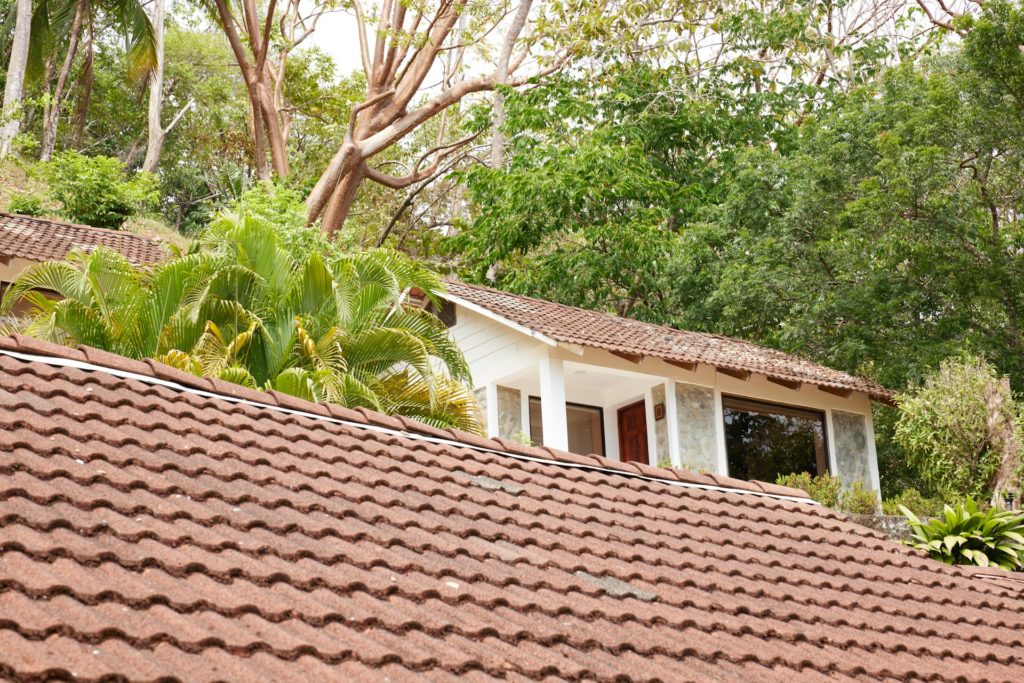Choosing the right roofing material for your home is a critical decision that impacts its look, durability, and safety. With various options available, each with its unique benefits and drawbacks, it can be overwhelming to figure out the best choice. Understanding the different types of roofing materials helps you make an informed decision that suits your specific needs and preferences.
From asphalt shingles to metal roofing, each material offers something different. Your choice can affect everything from your home’s aesthetic appeal to its energy efficiency and maintenance requirements. It’s important to consider cost, lifespan, and weather resistance factors.
Selecting the right roofing material involves more than just aesthetics. It requires a comprehensive understanding of how each option performs under different conditions. Knowing the pros and cons of popular roofing choices ensures that your roof will protect your home effectively and last for many years.
Understanding Different Roofing Materials
Regarding roofing materials, several options are available, each with its own set of characteristics. Choosing the right material for your commercial roof is essential for ensuring durability and efficiency. Some of the most common materials used include asphalt shingles, metal roofing, and rubber roofing. Each material has strengths and weaknesses, impacting costs, longevity, and maintenance needs.
Asphalt shingles are widely used due to their affordability and ease of installation. They offer decent durability and come in various styles and colours. On the other hand, metal roofing is known for its longevity and resistance to extreme weather conditions. It’s more expensive upfront but can last up to 50 years or more with proper care.
Rubber roofing, made from EPDM (ethylene propylene diene terpolymer), is another popular choice. It’s highly durable, waterproof, and flexible, making it ideal for flat or low-slope roofs.
Pros and Cons of Popular Roofing Choices
Each roofing material comes with its own set of advantages and disadvantages. Understanding these can help you make an informed decision based on your needs and budget.
1. Asphalt Shingles:
Pros:
- Cost-effective
- Easy to install and repair
- Available in a wide range of colours and styles
Cons:
- Shorter lifespan compared to other materials
- May require more frequent maintenance
- Less resistant to extreme weather conditions
2. Metal Roofing:
Pros:
- Extremely durable and long-lasting
- Excellent resistance to extreme weather
- Low maintenance
Cons:
- Higher initial cost
- Can be noisy during rain or hail
- Needs professional installation
3. Rubber Roofing (EPDM):
Pros:
- Highly durable and flexible
- Great for flat or low-slope roofs
- Simple to install and repair
Cons:
- Can be more expensive than asphalt shingles
- May require special adhesives and tools for installation
- Limited colour options
By considering the pros and cons of each material, you can select the one that best fits your commercial building’s needs and your budget.
Factors to Consider When Selecting Your Roof
Choosing the right roof for your commercial building involves several factors. Each building has unique needs, and selecting the best roofing material can depend on various considerations. One of the primary factors to consider is your local climate. In climates with heavy snowfall or frequent rain, materials with high resistance to moisture and cold weather, like metal roofing, may be more suitable. For warmer climates, materials that reflect heat, reducing cooling costs in the summer, are ideal.
Another significant factor is the roof’s slope. Some materials are better suited for steep slopes, while others perform well on flat or low-slope roofs. For example, rubber roofing (EPDM) is excellent for flat roofs due to its waterproof properties and flexibility.
Additionally, the roof’s lifespan and maintenance requirements might influence your decision. While metal roofs can last for decades with minimal maintenance, asphalt shingles may need more frequent inspections and repairs but have a lower upfront cost.
Maintenance and Longevity of Roofing Materials
Maintenance plays a crucial role in extending the life of your commercial roof. Regular inspections are essential for spotting potential issues before they become severe. Each type of roofing material has specific maintenance needs that should be addressed. For instance, with asphalt shingles, you should look for cracked or missing shingles and replace them promptly. Cleaning debris and checking for moss growth are also necessary to prevent water damage.
Metal roofs require less frequent maintenance but should still be checked for rust, loose panels, or damaged fasteners. Cleaning the roof to remove dirt and debris can help maintain its reflective properties and overall appearance.
Rubber roofs should be inspected for punctures or tears, and any damage should be repaired with appropriate adhesives to ensure a watertight seal. Keeping the roof clean and free from standing water can also enhance its longevity.
Climate, Budget, Style: Choosing the Right Roofing Material for Your Home
Roof maintenance is a vital part of protecting your commercial building and ensuring its longevity. By understanding the different roofing materials, their pros and cons, and the factors to consider when selecting your roof, you can make informed decisions that suit your unique needs.
Regular maintenance is the key to extending your roof’s life and preventing costly repairs down the road. By taking these steps, you create a safer and more durable environment for your business operations.
If you need expert advice or help with your commercial roof maintenance in Kingston, don’t hesitate to reach out to us at Full House Roofing. Our team of experienced professionals is here to assist you with all your roofing needs. Contact us today to ensure your roof remains in top condition for years to come.

